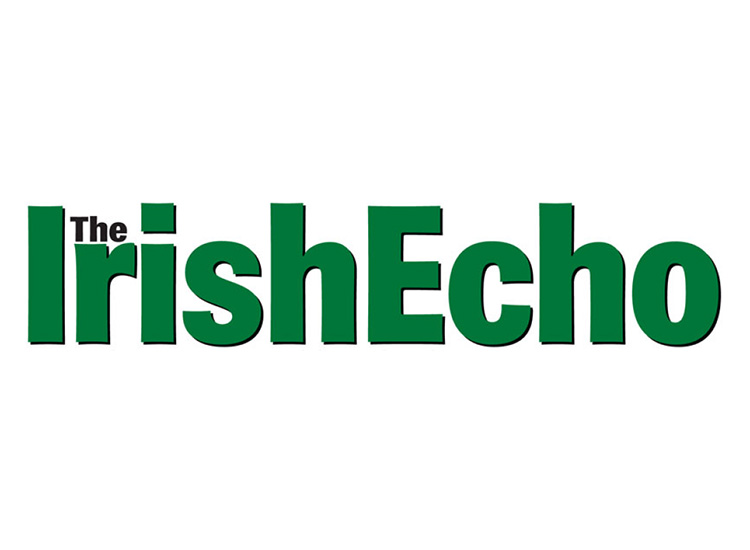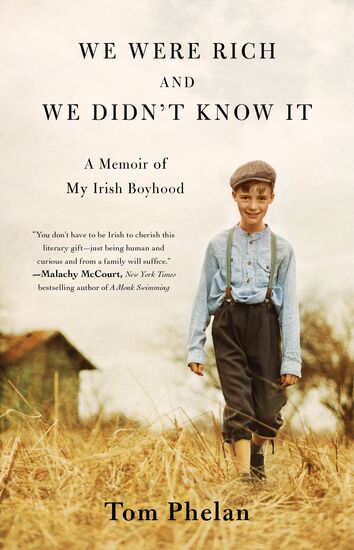By Peter McDermott
The Year with No Summer, 1816, was particularly severe on those who'd made a new life in the Virginia Military District.
There was a frost every month in that heavily forested region of what is now Ohio. The spring planting was destroyed and they planted again and it was destroyed again.
The settlers survived by killing the deer that got caught in the snow. That led to a shortage and frontiersmen and their families never wore deerskin again.
This is part of the family story of the 44th president, for one of the frontiersmen was his kinsman Thomas Kearney, who was born in County Offaly in 1765.
Irish author Stephen MacDonogh discovered on a book tour this month, however, that it's a side of Barack Obama that conservative America is not quite comfortable with, if not in outright denial about. But on a trip that involved planes, trains and automobiles, one person was happy to see him make a return visit: Ralph Dunham, the 94-year-old brother of the president's grandfather Stanley.
"He finds it utterly ridiculous the way people are talking about Obama not being patriotic and not having a good Christian background, and so on," he said. "They were blue-collar Baptists. His [the president's] grandmother, who had a lot to with raising him, was a middle-class Methodist.
"I found it very easy to trace the churches that they actually went to and any American journalist could at any time have countered this whole story about him being a Muslim, with all these details that are readily available," MacDonogh said.
As it happens, Thomas Kearney's wife's family converted to Methodism under the influence, it's believed, of one Robert Strawbridge from County Leitrim.
Kearney himself came from a Church of Ireland background. He had cousins of that name who were clergymen, one of whom became the bishop of Ossory and another the provost of Trinity College. That prosperous branch of the family, though, was wiped out by cholera.
Meanwhile across the ocean, Thomas Kearney thrived in Deerfield, Ross County in Ohio.
"The Protestant Irish were inclined to emigrate with a sense of securing opportunity for the individual and also opportunity for their family back home and there was a high degree of communication between those who went out and those who remained," said MacDonogh, who agrees with the thesis associated with historian Kerby Miller that says long before the Famine Catholics put a rather more negative spin on the immigration story.
Kearney encouraged his nephews to join him in Ohio, who then in turn invited over those from the next generation. So, for instance, Joseph Kearney left Moneygall, Co. Offaly, in the 1830s, while his son Fulmouth emigrated toward the end of the Famine. He was about age 20 at the time and had been left land in a will in America. "By 1851, the Kearneys were all in Ohio," MacDonogh said.
"Three daughters of Fulmouth Kearney married three sons of a neighboring family called Dunham," the author reported. Mary Ann Kearney and Jacob William Dunham, the president's great-great-grandparents, settled in Wichita, Kan. And the family stayed in the state through much of the 20th century, though Obama's grandfather Stanley Dunham traveled quite widely. He studied at Berkeley under the GI Bill, for example, having served, like his older brother Ralph, in the army during World War II.
The Dingle, Co. Kerry-based MacDonogh, who is one of Ireland's most successful publishers, had selected a U.S.-based professional historian to write the book. Then the historian's schedule changed and he couldn't commit to writing it quickly, so the founder of Brandon decided to take on the project himself.
He'd become fascinated with the relatively hidden story of the Protestant Irish in America, who've erroneously been described as the "Scotch Irish."
"Baltimore, where I've just been, was developed by Irish merchants, most of whom were Presbyterian, but to call them all Scotch-Irish is misleading and many of them had no connection with Scotland whatsoever," MacDonogh said.
This was even more the case with the Church of Ireland minority of Protestant immigrants in the late 18th century, whose adherents were as likely to be of English or native Irish descent.
The Protestant Irish in America had no need to create their own organizations in the way the Catholic Irish were forced to and they defined themselves, MacDonogh said, less according to ethnicity and more in relation to class, occupation, region and religion.
With regard to the last category, many, like the Kearneys, abandoned Anglicanism for Methodism. "It was seen as more democratic," the author said.
After more than a year researching the frontier family roots of Barack Obama ("It meant no social life," said the married father of a two-year-old girl), MacDonogh concluded: "It's an archetypal American story and it's also very much an Irish story."
"Pioneers: The Frontier Family of Barack Obama" by Stephen MacDonogh is published by Brandon/Dufour Editions. It's priced at $34.95 (hardcover).
PHOTO: Stephen MacDonogh met with President Obama's uncle Ralph Dunham this month in Springfield, Va.









